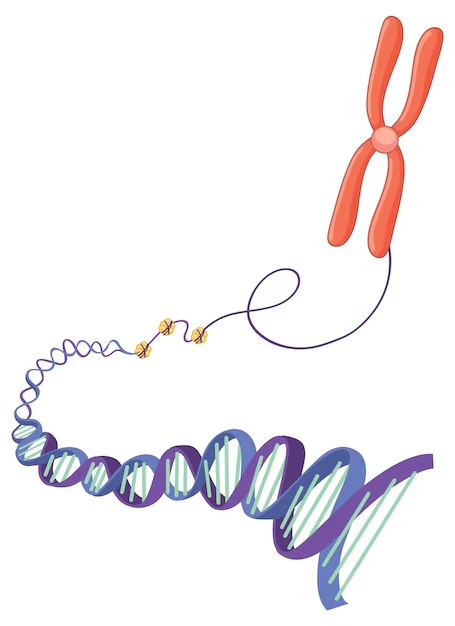¡¿Neurofibromatosis? What is that?
New FDA approval!
There are several types of neurofibromatosis, although the one that affects the skin is the most recognized.
Neurofibromatosis is a genetic disorder that causes tumors in various parts of the central or peripheral nervous system (neurofibromas), including nerves in any region. Tumors can be benign, but occasionally they can develop into cancer. There are three main types of neurofibromatosis.

b) Neurofibromatosis type 2 (NF2): This is much less common (3%) and is characterized by hearing loss, ringing in the ears, and balance problems. The responsible gene has been identified and is located on chromosome 22q12.
c) Schwannomatosis: This is the rarest type (<1%) and is characterized by severe pain. In this type, the responsible gene has not been identified.

Recently, treatment strategies have been developed that target specific genetic or molecular events involved in its tumorigenesis.
A MEK inhibitor is a drug that blocks the activity of the MEK1 and MEK2 proteins. These proteins are involved in regulating cell growth and survival. MEK inhibitors are used to treat cancer and other diseases.
On February 11, 2025, in Stamford, SpringWorks Therapeutics, Inc., a commercial-stage biopharmaceutical company focused on serious rare diseases and cancer, announced that the FDA approved Gomekli™ (mirdametinib), SpringWorks’ MEK inhibitor.
The above is for the treatment of adult and pediatric patients 2 years of age and older with neurofibromatosis type 1 (NF1) who have symptomatic plexiform neurofibromas (PN) not amenable to complete resection. With the approval, the FDA granted SpringWorks a Priority Review Voucher (PRV) for rare pediatric diseases.
